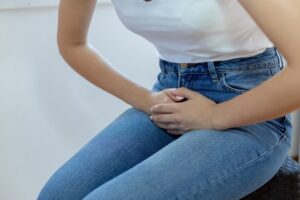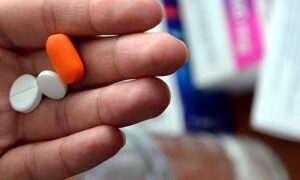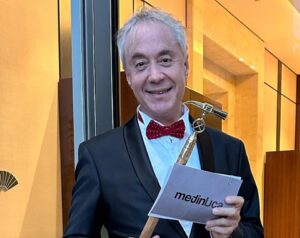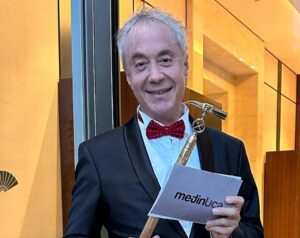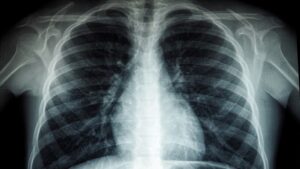[ad_1]
When amorous desire begins to resemble a trickling faucet and slowly and excruciatingly disappears, the couple drifts apart and often goes their separate ways.
Much has been written from time to time about what “kills” sexual desire. Most scientific studies, as well as daily clinical practice, show that there is not one cause, but many and, in fact, there are not a few times when we unconsciously repeat certain patterns of behavior, which have the effect of alienating us from our partners us.
It is interesting that, according to a scientific publication in the journal The Journal of Sex & Marital Therapy, feeling like the object of sexual desire is more important for men (95%).
The study involved 300 heterosexual men, aged 18 to 65, who had relationships lasting from 7 months to 45 years. 88% of them said there were things their partners could do to make them feel more desirable. Interestingly, when talking about what their partners could do to show their sexual desire, many men described acts that were romantic rather than purely sexual.
“The phase of life the person is in, as well as other parameters, such as the general state of health and stress, play a decisive role in sexual desire. These factors can be hidden behind the absence of sexual desire in the couple and affect men and women equally”, says the Urologist-Andrologist Surgeon Konstantinos A. Rokkas MD.
The moves – checkmate
According to Mr. Rocca, the main causes that “injure” sexual desire are:
The stress: At No. 1 on the list is stress, which is probably not surprising, as it is a brake on so many things in our daily lives. Anxiety “blocks” and “dispels” our sexual desire with summary procedures. So it’s good to learn to manage it at some point.
The alcohol: Many times we have a drink to relax. So far so good. Problems start when we consume too much alcohol. Reflexes drop, so does sexual desire and, by extension, arousal. Not to mention that seeing your partner drunk or “high” makes you not want to have sex with him/her. A drink can possibly relax you. However, too much alcohol negatively affects sexual desire. Seeing one’s partner drunk is also a factor in lack of mood. If you’re having trouble cutting back, seek professional help.
Medicines: The side effects of some drugs include the reduction of sexual desire. This usually concerns antidepressants, antihypertensives, contraceptives, antiretrovirals, finasteride, chemotherapy.
“This, of course, does not mean that someone should stop taking their medication,” emphasizes Mr. Konstantinos Rokkas.
“What can help is for the patient to contact his treating physician. Changing the formulation or changing the dosage may help. But, I repeat, in any case the patient does not decide on his own, he talks to the doctor who is attending him.”
The little and not good sleep: When we don’t sleep well, in addition to physical weakness, our mental and romantic mood is affected. Anything that involves the relaxation that comes from a good night’s sleep can interfere with sexual function – fatigue negatively affects desire.
The children: When there are children living at home, the couple does not feel comfortable to function romantically. The possibility, even the thought, that a child may appear at the time of sex, banishes the erotic desire “on the wing”. One solution is for the couple to have sex when the kids are asleep (unless the kids are teenagers, in which case they stay up all night, so bye sex).
Body image: When we like our image, we feel desirable. Otherwise, not liking ourselves is very often associated with a decreased sexual desire. Of course, how our partner sees us also plays a role. If we feel he/she wants us, we may begin to see ourselves through his/her eyes. If, again, your partner has low self-esteem, reassure them that they are desirable.
Erectile problems: Men with erectile dysfunction often worry about how they will be able to meet their sexual “duties” and this worry negatively affects their sexual desire.
Low testosterone: Testosterone enhances libido, notes Mr. Roccas. Over the years, however, testosterone declines. This, of course, does not mean that mature men always lose the desire to have sex. The input of the medical specialist is often catalytic.
Menopause: Menopause for many women means the “end” of their femininity and is very often accompanied by a complete absence of sexual desire and desire. Aside from the… seesaw of hormones, vaginal dryness and pain during sexual intercourse do not make the situation any easier. Your gynecologist and endocrinologist can help.
Depression: This specific disease is associated, among other things, with the complete absence of sexual desire. Appropriate medication can help, as can regular exercise. When we exercise, the body produces the “hormones of happiness”, “boosts” our emotional health and activates sexual desire.
[ad_2]
Source link


